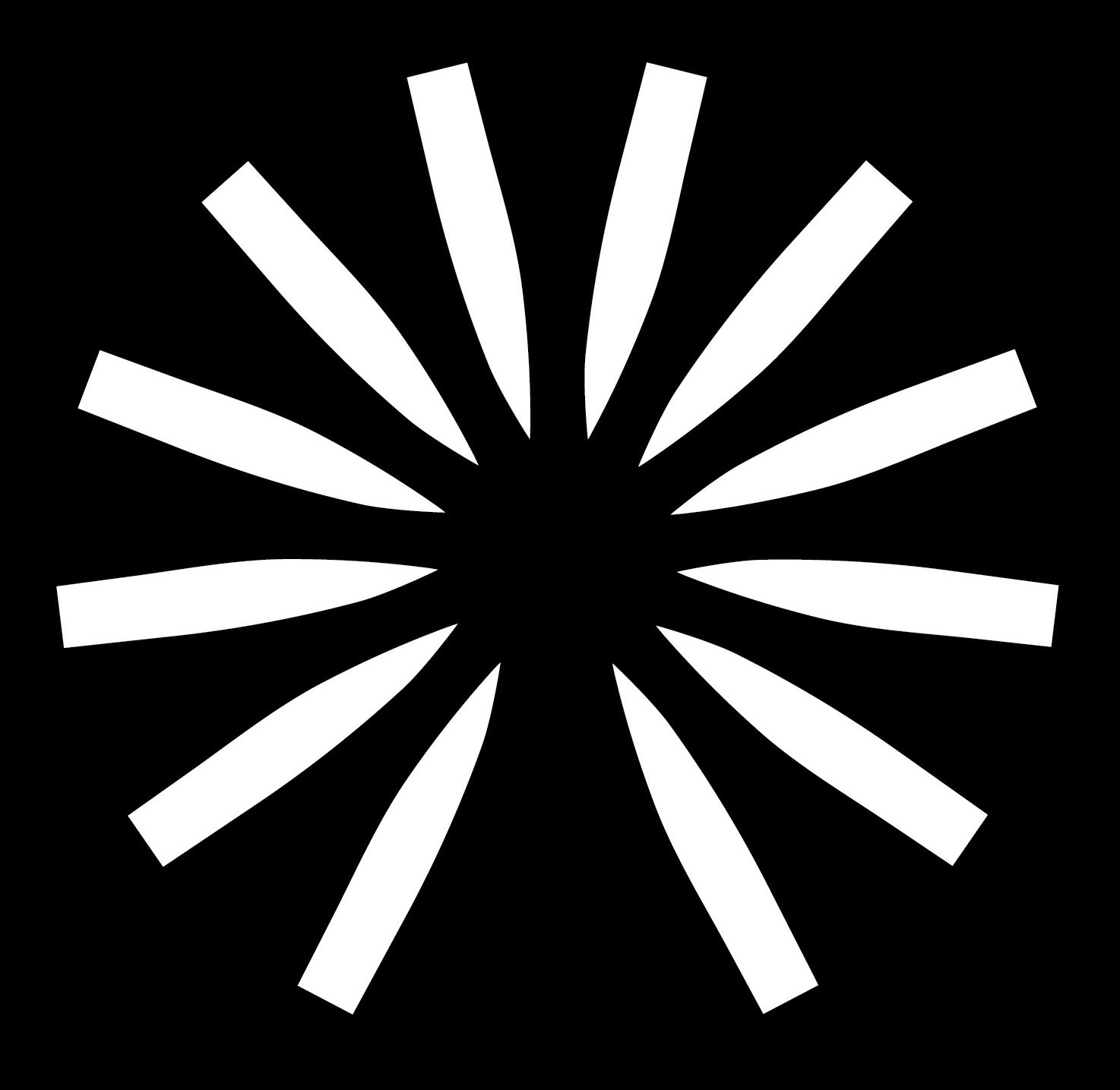

After two games in Milwaukee, the Chicago Cubs are trailing 2-0 in the NLDS and are staring down the barrel of elimination.
The Brewers have jumped all over Chicago early in both matchups — six runs in the first inning of Game 1 off Matthew Boyd, then seven more in the first four innings of Game 2. The Cubs have been playing from behind before fans even get comfortable on the couch.
Three-run homers from Andrew Vaughn and Jackson Chourio put Monday night’s game out of reach by the fourth inning. By then, the Brewers were cruising, and the Cubs were left searching for answers.
Inside the clubhouse, after another tough-to-stomach loss, many Cubs hitters did what leaders do — they took the blame.
“We as an offense have to find a way to put up a few more [runs] and help our pitchers out,” said veteran outfielder Ian Happ.
“It’s a pretty simple idea — we put more balls in play, we’ll probably score more runs,” added youngster Pete Crow-Armstrong.
It’s an admirable gesture. But I’m not sure Happ or PCA are being entirely fair with their self-critical look in the mirror. The truth is, the offense isn't the reason the Cubs are down 0–2.
Chicago’s starting pitching — and by extension, its roster construction — is.
Matthew Boyd and Shota Imanaga have combined for just 3.1 innings, nine hits, and 10 runs allowed through two games of the Division Series. That’s not bad luck; that’s bad planning. And that’s on GM Jed Hoyer.
This front office bet on a patchwork rotation built on short rest, reclamation projects, and hope. Boyd was pitching on fumes before October even started. Imanaga, after an injury-riddled summer, clearly hit the wall with a 6.51 ERA in September. Behind them, there isn’t enough depth to survive a best-of-five against a team as deep as Milwaukee.
The Cubs were 20–54 during the regular season when allowing four or more runs. That number isn’t a coincidence — it’s a reflection of how this team was built. Pitching and defense were supposed to be the backbone. When the pitching breaks, the whole thing collapses.
So yes, it’s nice that Happ and PCA are owning it. But they didn’t build this rotation. They didn’t decide to enter October with a staff held together by duct tape.
Jed Hoyer did.
And this is exactly what happens when the general manager of a contending team tries to go bargain-bin hunting for additions. Everyone in baseball knew the Cubs needed another legitimate starting pitcher at the trade deadline. Instead of pushing his chips in and giving this team a true No. 1, Hoyer went discount shopping — his big move was Michael Soroka, a depth arm masquerading as a difference-maker.
Now, when the moment demands an ace to weather the storm, the Cubs don’t have one. Hoyer’s deadline inaction didn’t just miss an opportunity — it sabotaged the postseason before it began.
You can’t win in October without elite starting pitching. The Brewers have it. The Cubs don’t. And that’s not on the players. It's not even on the manager. That’s on the man who decided good enough was good enough.
Play stupid games, win stupid prizes.

